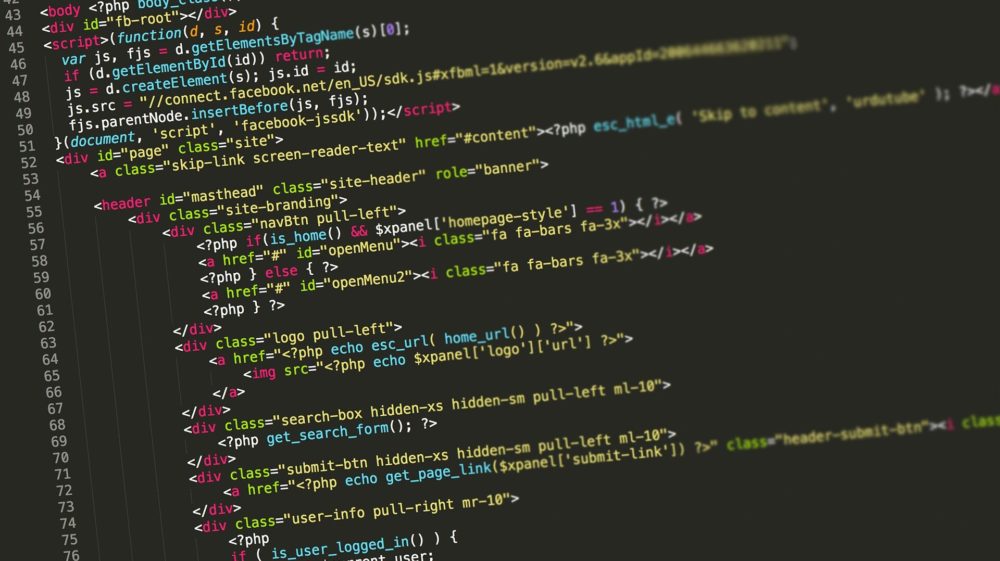Here’s a story exploring ethics in AI-assisted doctor work
“The Unseen Hand”
Dr. Elena Morano trusted Artemis.
Artemis was the hospital’s prized AI, a diagnostic system with a million cases in its memory and a mind faster than any team of specialists. It could detect rare diseases from fragmented symptoms, suggest treatments optimized for each patient’s genetics, and even predict complications before they happened.
One rainy Tuesday, a boy named Leo came into Elena’s care. He was six years old, fevered and glassy-eyed, his parents clutching each other with fear. Artemis processed the boy’s data in seconds and recommended an aggressive antiviral protocol. Elena hesitated.
“Override?” the machine chirped politely.
The recommendation was by the book. But Elena had seen cases like Leo’s during her early career—cases where the virus masked a deeper bacterial infection, one Artemis might misclassify due to lack of emerging data.
To question Artemis was frowned upon. Administrators loved the AI: it reduced liability, trimmed costs, and patients loved the speed. But Elena remembered the Hippocratic Oath—First, do no harm.
She ordered further bloodwork, delaying the treatment.
Hours later, the bacterial infection surfaced. Had she trusted Artemis blindly, Leo would have died.
Later that night, she filed a formal petition: AI must advise, not command.
The hospital board was divided. Some argued AI must be trusted—that human error was a greater risk. Others, emboldened by Elena’s courage, insisted that ethics demanded human judgment remain sovereign.
In the end, they changed Artemis’s protocol: it would suggest, not decide. Every recommendation required a human doctor’s final approval.
Leo survived. Artemis evolved.
And Elena slept that night with a heavy but hopeful heart, knowing that ethics—not algorithms—must hold the final word in medicine.
Story generated with ChatGPT
Photo by: Kaboompics.com: https://www.pexels.com




